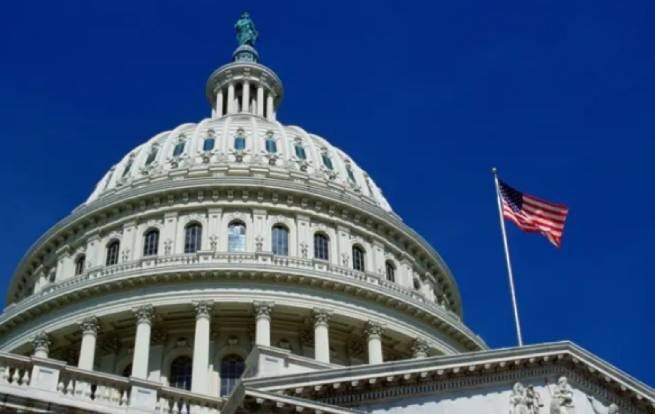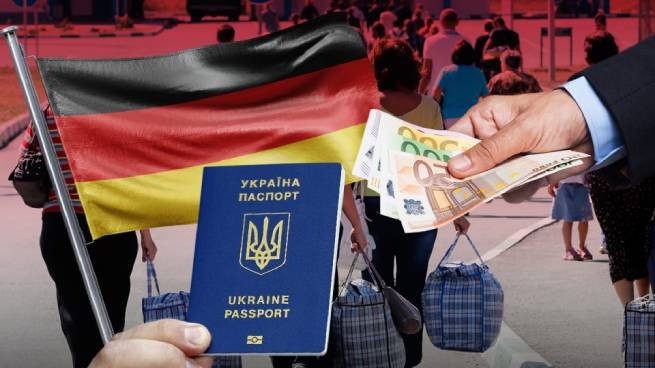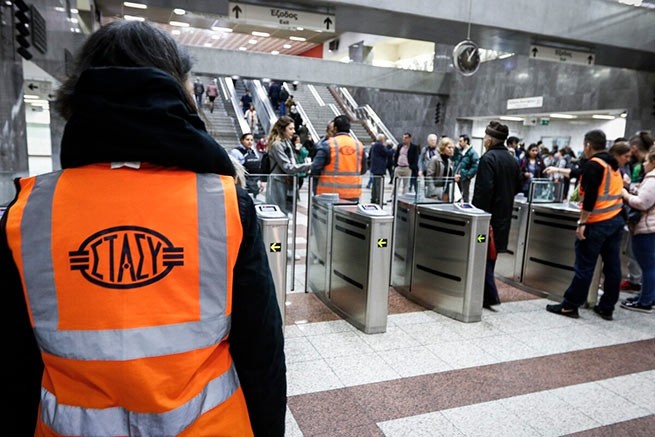Yannis Mylopoulos, professor at the Aristotle University of Thessaloniki, on the war in Ukraine and what this war could bring to Greece. Publication dated March 9, 2022.
Myth 1: War brings justice
Those who believe that war can bring justice in some way are deeply mistaken. No one has ever proven himself right by fighting. The only thing that “rewards” war is the law of the strongest. Because the one who has the truth never wins a war. The strongest wins.
That is why the best thing that those who want to help in the war can do is not to send weapons to strengthen the weakest. Sending weapons only fuels the catastrophe. A catastrophe that will eventually crush the weak and give victory to the strongest. If someone wants to render a good service in a war, he chooses the path of negotiations and peace.
War is the supreme evil. This is the worst case scenario. Because war is fire, destruction and death. Peace is that which renders justice and provides opportunities for growth and prosperity.
That is why Herodotus said that no one is so stupid as to prefer war to peace. Because if in peacetime children bury their parents, then in wartime the exact opposite happens: parents bury their children.
Myth 2: Ukraine is right, Russia is wrong
The ancient Greeks said: “Μηδενί δίκην δικάσεις πριν αμφοίν μύθον ακούσεις”. This means never judge without hearing both sides.
It is a fact that the Russian-Ukrainian war was started by the Russians. They have invaded an independent country and with their military superiority are trying to impose what they consider to be just and right. Scattering doom and death across Ukraine.
Obviously, the Russians are wrong to invade Ukraine because they are violating international law and human rights, causing a huge humanitarian catastrophe.
But if we listen to the other side, we will find that Ukraine, despite gaining first impressions as the weakest and as a victim of this war, is not a sort of … innocent dove.
For years, the Ukrainian regime has reportedly used nationalist groups such as the so-called Azov Battalions to carry out ethnic cleansing against the Russian-speaking population of eastern Ukraine. Among the victims of these attacks are hundreds and thousands of Greeks living there.
The Russian side has already released secret documents proving that the Ukrainian side was preparing an intervention in the Russian-speaking eastern region of the country.
There are no good or bad in war. The only choice in war that stands logically is the choice of peace.
Myth 3: The US and NATO are not responsible for the war in Ukraine
The West, the US and NATO are not entirely innocent of the blood of the war.
The West has been breaking the promise made to Russia in 1991 when the USSR collapsed for years. According to this promise, NATO will not cross the Elbe border in Poland and will not move menacingly into areas neighboring Russia.
A simple look at the map of NATO member countries before and after 1991 shows the expansionist and at the same time threatening Russia policy of the West. The prospect of Ukraine joining NATO was only the last straw that overflowed the glass.
But the biggest US responsibility for this war is that instead of trying to integrate Russia into a peace alliance from 1991 until today, they have tried to isolate it from the rest of the West by besieging it with NATO technology.
So if Russia is the executive body of this war, the US and the NATO alliance are responsible for starting it.
As for Ukraine, it is a weak country that, as often happens, is paying the price for being caught between two opposing sides.
Myth 4: The Greek government, as a member of the NATO alliance, did the right thing by sending military aid to Ukraine.
In war, the best option is to invest in diplomacy and peace.
The Turks, although they are members of NATO, recognized this from the very beginning and, playing the role of a peacekeeper, strengthen geostrategically and improve their position at the international level, receiving praise from both the US and Russia.
On the contrary, the Greek side, by a personal decision of the prime minister, who did not ask, and therefore did not receive the consent of even the minister of foreign affairs of the government, and which was not discussed either in parliament or in the council of political leaders under the president of the republic, apparently chose a phenomenally easy path choosing one of the two sides as an enemy, strengthening Ukraine militarily.
But sending military aid to war means participating. As a result, Greece voluntarily became part of the problem of the war.
Myth 5: The “We belong to the West” doctrine obliges us to send military aid to Ukraine.
This myth is dispelled by the position of our other allies – both in Europe and in NATO.
The fact that we are members of the European Union does not oblige us to send military assistance to Ukraine. This is confirmed by the position of most European countries, namely 17 out of 27 countries EUwho chose not to intervene from a military point of view*.
Also, the fact that we are a member of NATO does not oblige us to send military assistance. This is confirmed by the position of the majority of the 37 NATO countries, which chose not to enter the war in the context of the supply of weapons*.
Truth 1: Greece should have remained part of the solution, not part of the problem of the war.
In other words, Greece should have insisted on sending humanitarian aid to Ukraine from the very beginning. Medicines, food, clothes, blankets and everything else that the affected Ukrainian people need, our country had to provide generously.
But not military assistance, because it further fuels the horror of war, which we should have declared from the very beginning that we are against it, working for peace.
Truth 2: Greece, by virtue of its history and geostrategic position, must insist on the doctrine of a multifaceted foreign policy that makes it a force on the side of the world.
The rejection of the doctrine of a multi-vector foreign policy, which Greece has adhered to to this day, and the spontaneous choice of the role of the “advanced outpost of the West” will only bring trouble.
Because this doctrine means that we will be the ones to be geostrategically weakened in the wider region. We will lose traditional friends, historically useful and important in the context of the Greek-Turkish conflict, and we will be the first to suffer the consequences of our reckless choice.
The traditionally friendly relations that all Greek governments have maintained with Russia so far have only benefited our country.
The loss of hundreds of thousands of Russian tourists this summer, who Russia announced would go to Turkey and Egypt for not sending military aid to Ukraine, smacks of retaliation in the form of financial consequences for our participation in the war.
This is followed by a sharpening of the energy crisis after our huge dependence on natural gas imported from Russia, as a result of the Greek energy policy forcibly and hastily abandoning lignite. A policy that we must change now if we are to strengthen our energy autonomy and reduce our dependence on natural gas imported from the war zone.
Unfortunately, so far, all signs indicate that the consequences of a sudden unilateral decision by the government and a reckless change in the doctrine of our foreign policy will put our country in a very difficult position in the coming years.
Yiannis Mylopoulos, Professor at the Aristotle University of Thessaloniki
Translation by Elena Tokarenko
The opinion of the author may not coincide with the opinion of the editors






More Stories
US procedural vote on aid package
The Ukrainian Main Intelligence Directorate announced the downing of a Tu-22MZ bomber (video)
American ATACMS missiles destroyed parts of S-400 and S-300 batteries in Crimea